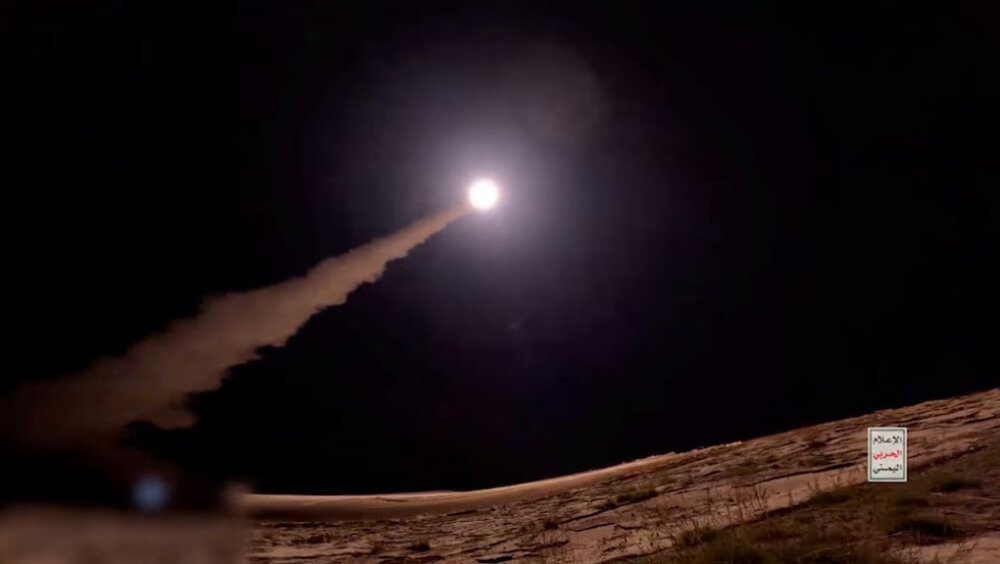
Similar Posts
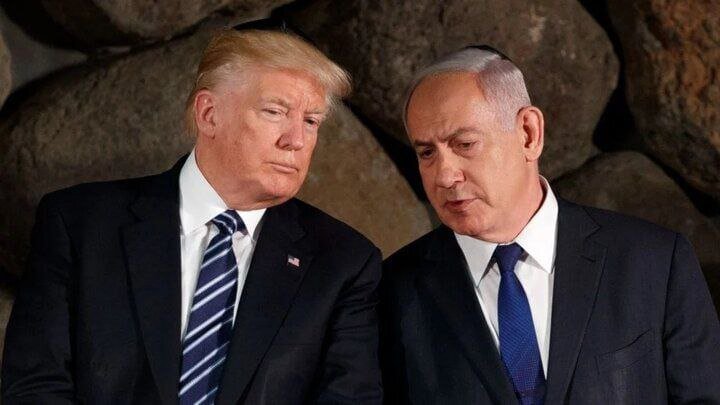
Insights Unveiled: Key Details on US-Hamas Meetings Revealed
Last week, four meetings in Doha between the US and Hamas focused on negotiations over prisoner exchanges and military concerns. The US proposed a partial deal for the release of a living American soldier and four bodies, while Hamas sought the release of hundreds of Palestinian prisoners. The US agreed to release 250 prisoners, including 100 serving life sentences, but Israel requested the right to veto some names. Despite the progress, the US’s shifting stance raised concerns about the negotiations’ viability. The outcome remains uncertain, with potential implications for US foreign policy and regional tensions.
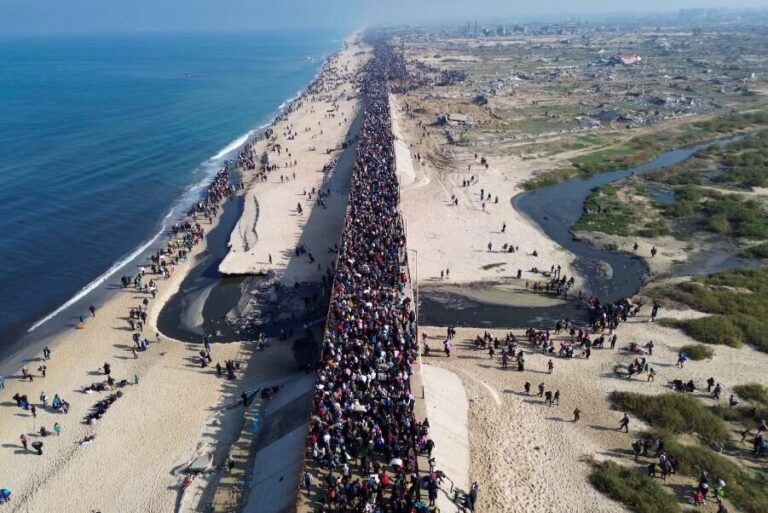
Arab Leaders Unite to Challenge Trump’s Controversial Gaza Plan
Arab leaders from the Persian Gulf, along with representatives from Egypt and Jordan, will meet, urged by Saudi Crown Prince Mohammed bin Salman, to address President Trump’s controversial proposal for the Gaza Strip. The discussions will center on an Egyptian initiative aimed at responding to the humanitarian implications of Trump’s plan, which suggests U.S. control over Gaza and the displacement of over 2 million Palestinians. This proposal has sparked outrage globally, raising concerns over its humanitarian impact. The meeting aims to forge a united Arab response and emphasize the commitment to a two-state solution and the rights of the Palestinian people.
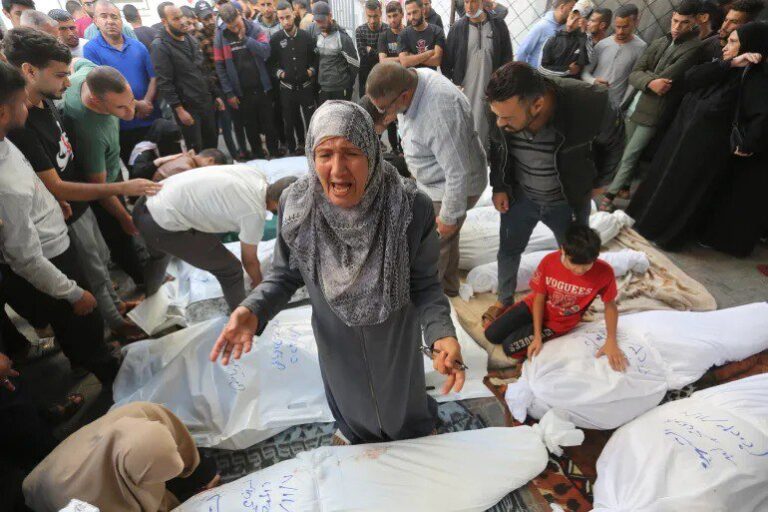
Trump’s Controversial Embrace of Gaza’s Butcher: A Celebration of Carnage?
US President Donald Trump is scheduled to meet Israeli Prime Minister Benjamin Netanyahu amid ongoing tensions following a recent ceasefire between Israel and Hamas. Netanyahu faces pressure from his cabinet to resume military actions, despite intense scrutiny and allegations of war crimes against Palestinians. The conflict has resulted in significant casualties, with over 61,700 Palestinians reported dead since October 7. As Netanyahu navigates coalition demands and international condemnation, the meeting with Trump could impact U.S.-Israel relations and the broader Israeli-Palestinian conflict. The situation remains volatile, with Netanyahu’s leadership increasingly challenged by domestic and global pressures.

Tragic US Airstrikes: 38 Lives Lost in Yemen Oil Terminal Attack
The US Central Command has launched military strikes on the Ras Isa fuel port in Hodeidah province, aiming to disrupt revenue streams for the Ansarallah-led government in Yemen. This action, announced on April 18, is part of a broader strategy to weaken the group’s military capabilities amid the ongoing civil war, which has resulted in a severe humanitarian crisis affecting 24 million people. Critics warn that such military actions could exacerbate the situation, prompting international calls for dialogue and a ceasefire. As the conflict evolves, prioritizing humanitarian efforts and diplomatic solutions remains crucial for alleviating civilian suffering.
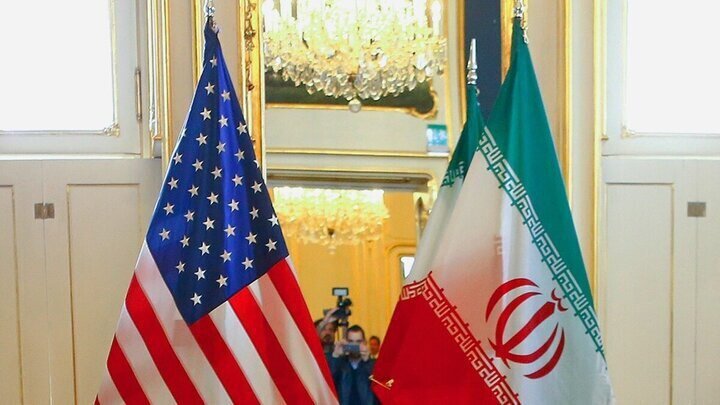
Qatar Steps Up as Key Mediator in US-Iran Relations
Qatar is playing a vital role in international diplomacy, particularly in mediating conflicts, including ongoing efforts between Hamas and Israel. A senior diplomat highlighted Qatar’s historical involvement in negotiations, noting its active engagement during the Trump administration to facilitate discussions with Iran. Currently, Qatar is involved in ten mediation processes, underscoring its commitment to regional stability. In contrast, former President Trump has reinstated a strategy to intensify pressure on Iran, focusing on reducing its oil exports due to concerns over its nuclear ambitions. Iranian officials maintain their commitment to the Non-Proliferation Treaty and reject U.S. pressures as unfounded.
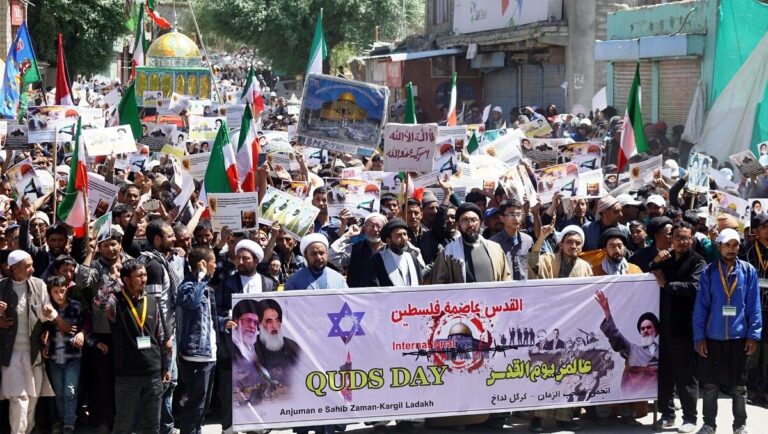
Kashmiris Rally for Justice: International Quds Day Celebrations Ignite Unity in Indian Kashmir
In Indian Kashmir, rallies were held in solidarity with Palestinians on International Quds Day amid escalating violence in Gaza due to renewed Israeli military operations. Observed on the last Friday of Ramadan, this day emphasizes support for the Palestinian cause and condemnation of the ongoing occupation. The Kashmiris’ participation reflects their deep-rooted commitment to justice and peace, calling for an end to violence and urging international intervention. As global awareness grows, these events highlight the interconnectedness of struggles for justice and the need for collective action against oppression. The situation in Gaza remains critical, necessitating a strong international response.